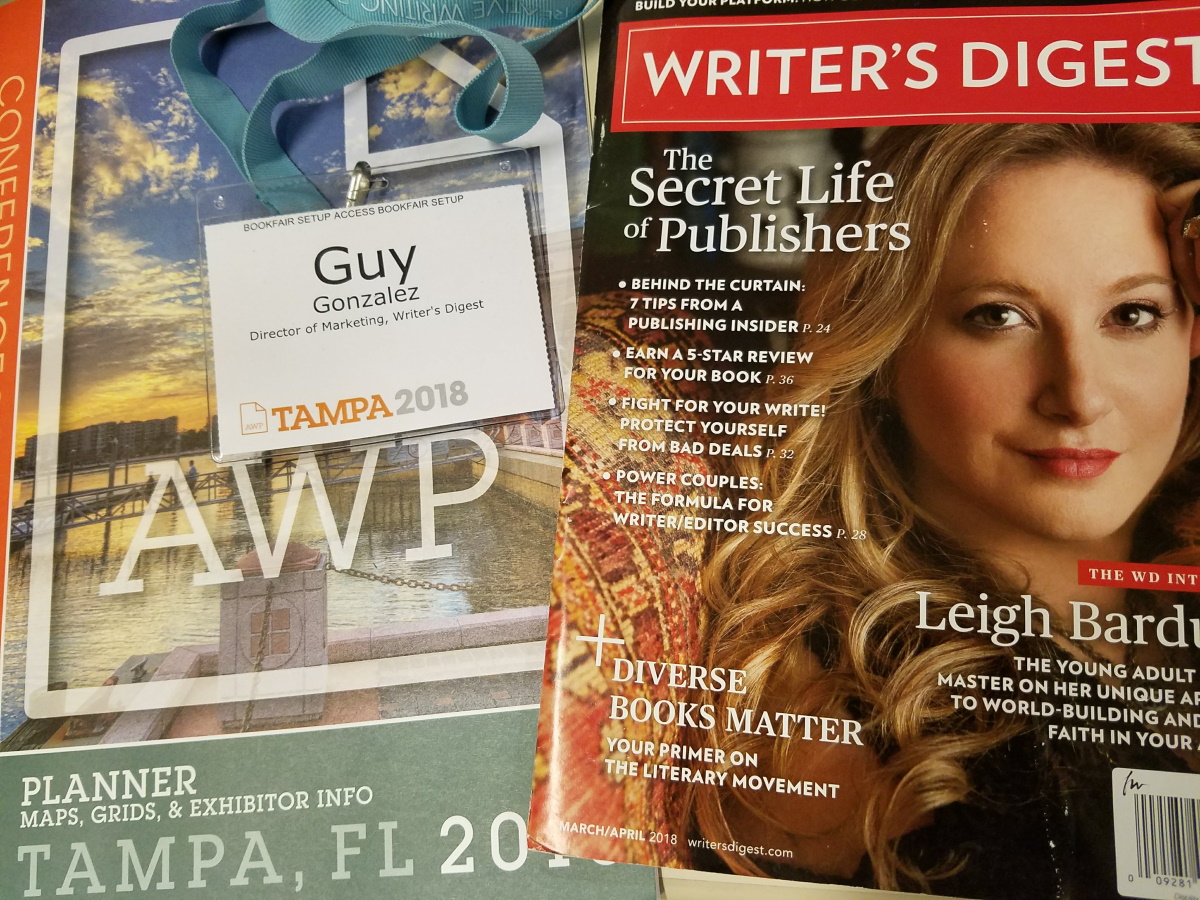Five Trustworthy Sources for Media Business News & Insights
Since Google Reader shut down back in 2013, there's arguably been no worthy replacement, partly because it helped accelerate the death of the individual blog and relegated RSS feeds to a tertiary distribution channel that most sites barely pay attention to these days. Over the years, I've used an unwieldy combination of Instapaper, Feedly, Twitter lists and Gmail filters (for the most useful email newsletters I subscribe to) to stay connected to my primary sources, and only a handful make the cut heading into 2019—including one social network that became unexpectedly useful in 2018.





